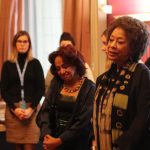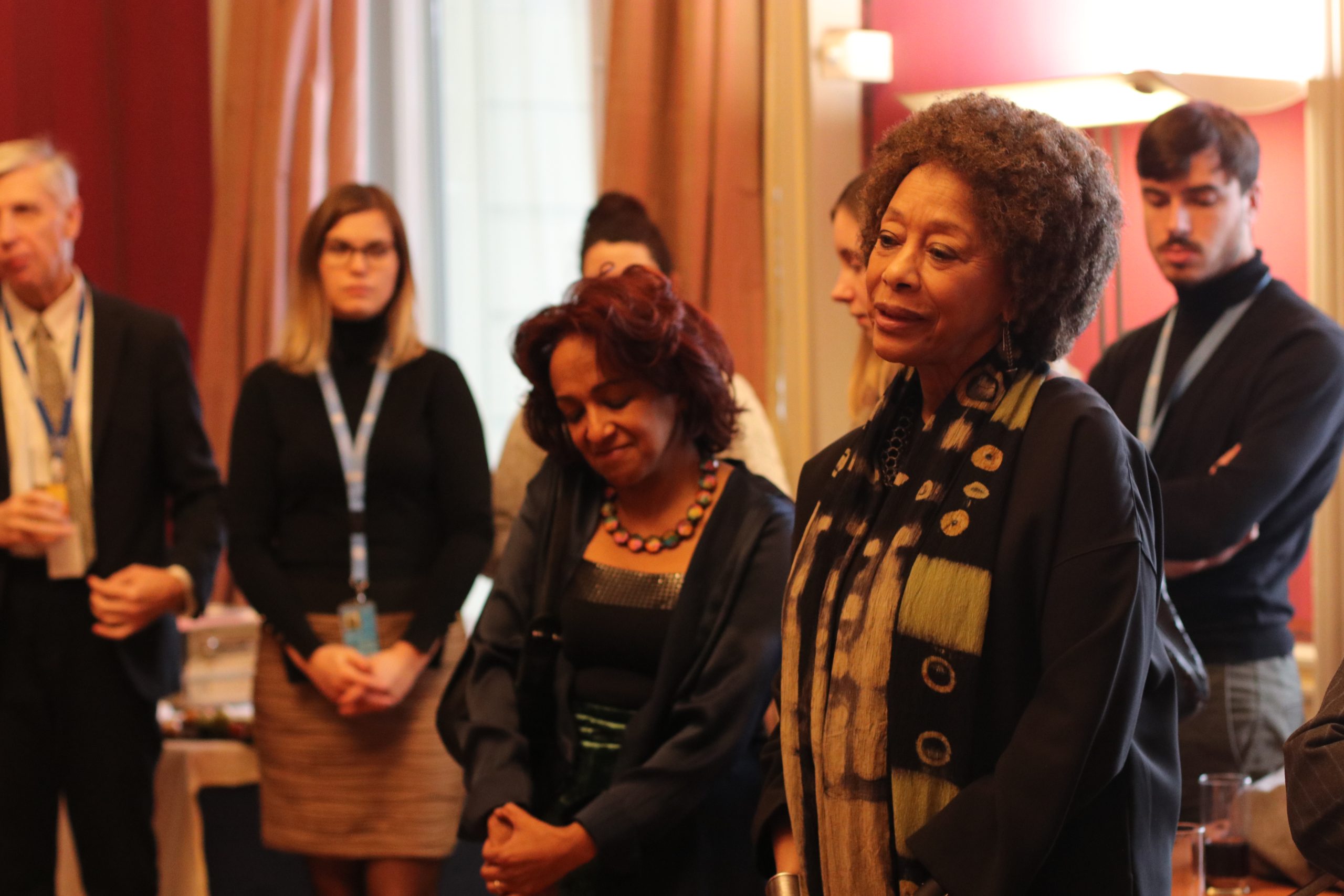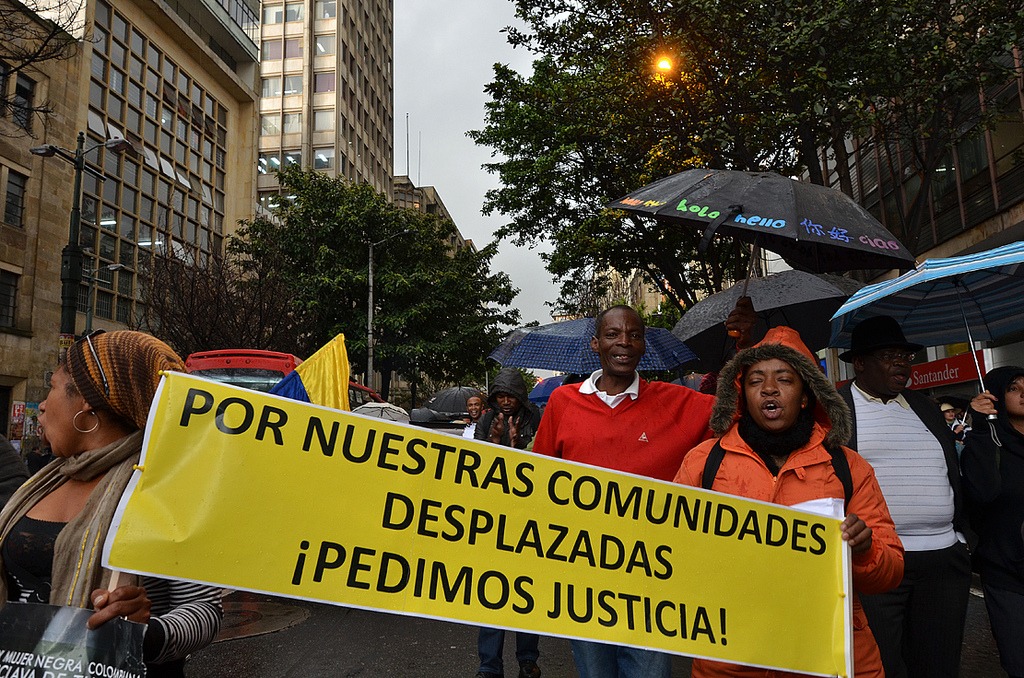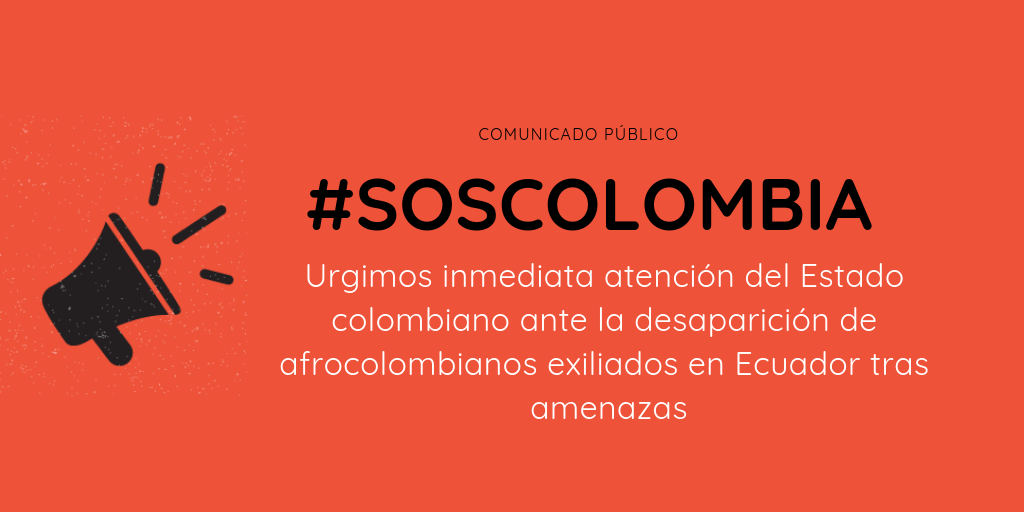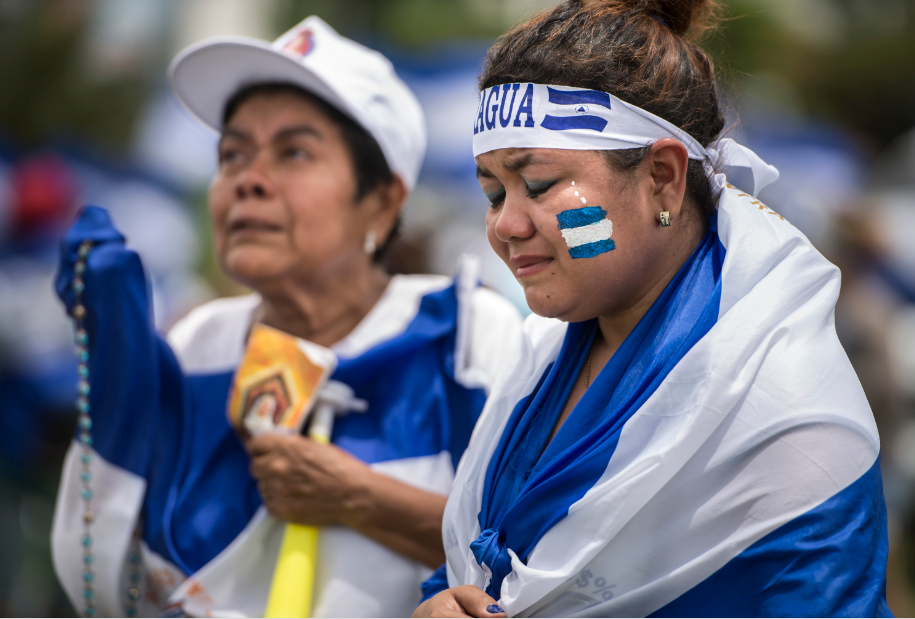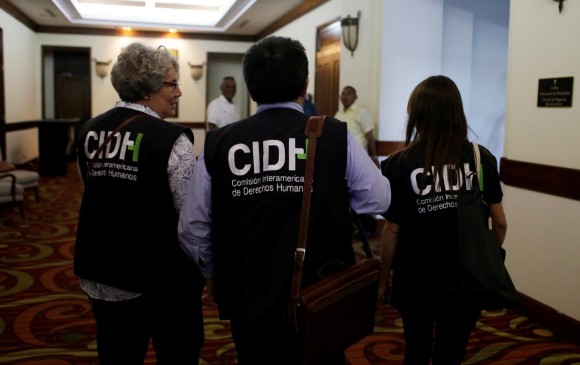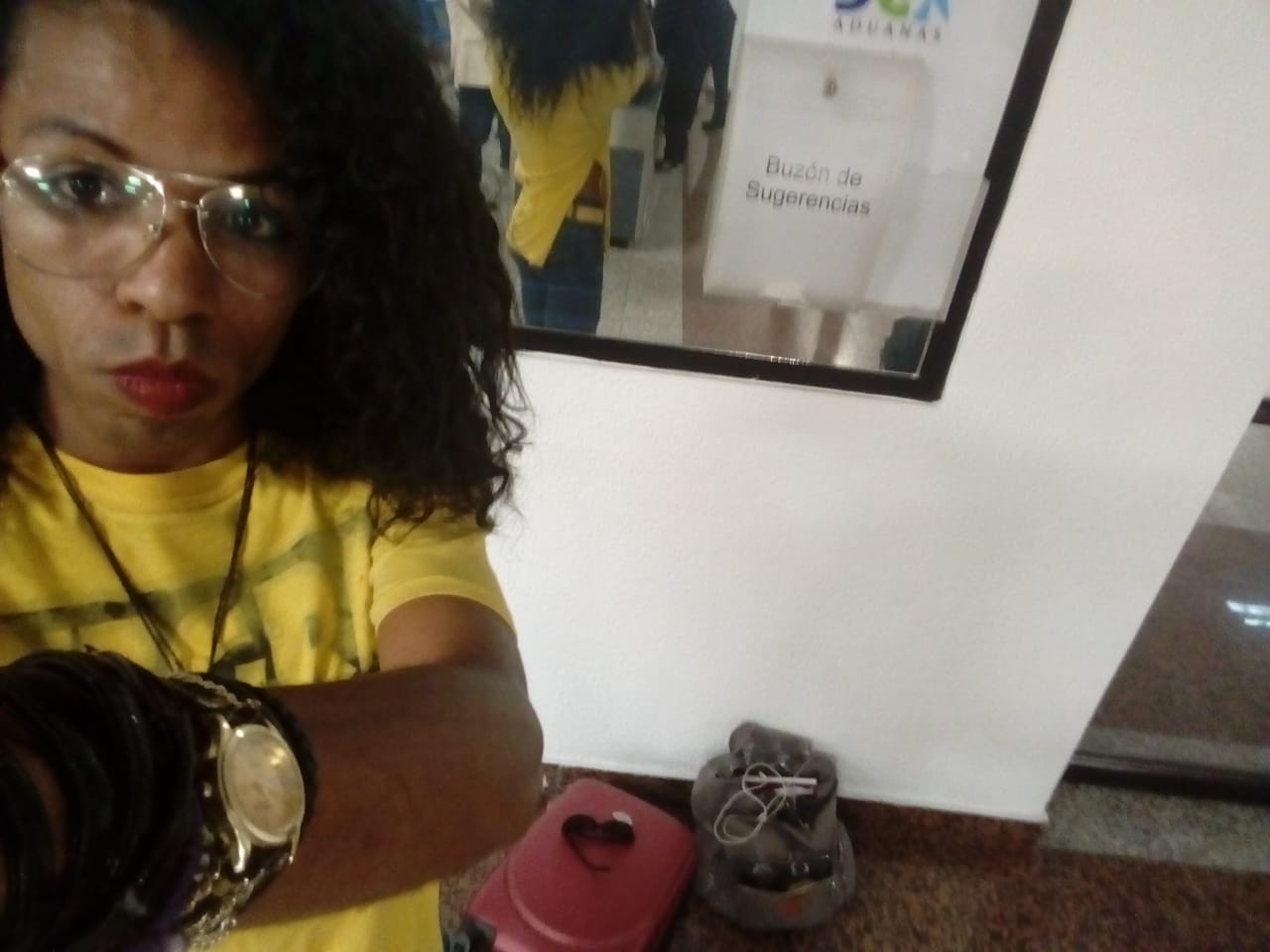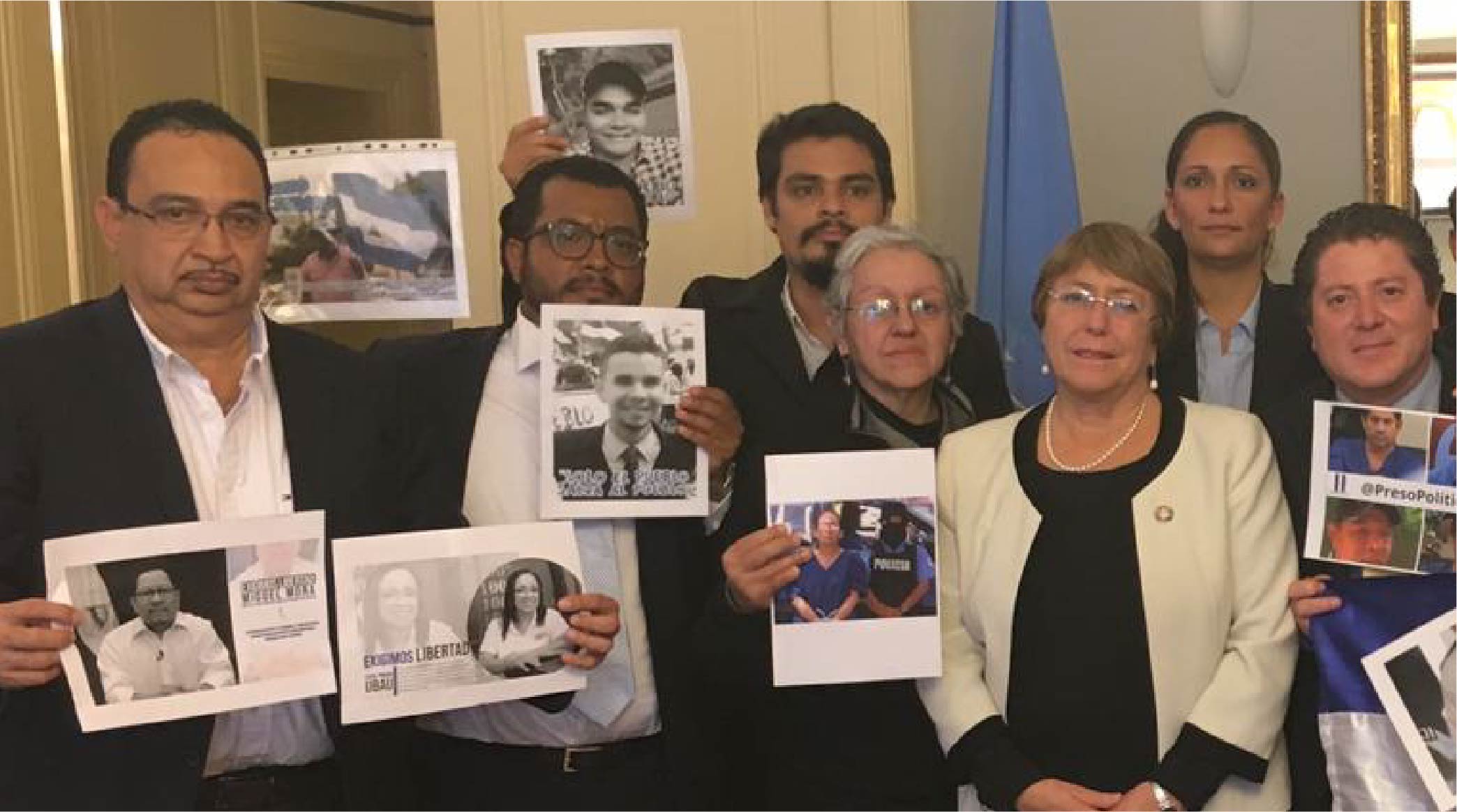“This is another historic victory, not only for communities of diverse sexual orientations and gender identities, but for humanity as a whole.”
(Geneva, July 12, 2019) – In a defining vote, the United Nations Human Rights Council adopted a resolution to renew the mandate of the Independent Expert focusing on the protection against violence and discrimination on the basis of sexual orientation and gender identity.
The resolution was adopted by a vote of 27 in favor, with 12 voting against and 7 abstentions.
The campaign calling on the Council to renew the mandate of the UN Independent Expert on SOGI was supported by 1,312 non-governmental organizations from 174 States and territories.
“This is another historic victory, not only for communities of diverse sexual orientations and gender identities, but for humanity as a whole”, said Paula Sebastiao of Arquivo de Identidade Angolano in Angola and Simran Shaikh, Asia coordinator of the Trans Respect v. Transphobia project, on behalf of 60 human rights groups worldwide. “Following the call from a record number of organizations from every region imaginable, the UN Human Rights Council has reaffirmed its commitment to combat discrimination and violence on grounds of SOGI, and has reminded all states of their obligations towards these communities.”
Created in 2016, the UN Independent Expert on SOGI has been supported by an ever-growing number of States from all regions of the world. The resolution to create and renew the mandate was presented by a Core Group of seven Latin American countries – Argentina, Brazil, Chile, Colombia, Costa Rica, Mexico, and Uruguay.
“The renewal of this mandate demonstrates how United Nations States’ support for tackling violence and discrimination against people of diverse sexual orientations and gender identities has grown tremendously,” said UN Trans Advocacy Week campaigners. “The Independent Expert is crucial in bringing international attention to specific violations and challenges faced by trans and gender-diverse persons in all regions.”
Although the renewal process had to overcome 10 hostile amendments, the core of the resolution in affirming the universal nature of international human rights law stands firm.
“The existence of a specific UN human rights mechanism looking at SOGI issues is crucial for our communities to be heard at the global level,” added Ryan Silverio of ASEAN SOGIE Caucus from the Philippines. “If the world is truly committed to leaving no one behind, it can’t shy away from addressing the violence and discrimination that we face. Laws criminalizing our identities and actions are unjust, and should no longer be tolerated”.
The UN Independent Expert on SOGI is tasked with assessing implementation of existing international human rights law, by talking to States, and working collaboratively with other UN and regional mechanisms to address violence and discrimination. Through the work of this mandate since 2016, the impact of criminalization of same-sex relations and lack of legal gender recognition, the importance of data-collection specific to SOGI communities, and examples of good practices to prevent discrimination have been highlighted globally, with visits to Argentina, Georgia, Mozambique and Ukraine.
The International Institute on Race, Equality, and Human Rights celebrates the renewal of this mandate as essential in the protection of human rights for Afro individuals with diverse SOGI. In consequence, it is rewarding to count with an Independent Expert who is bound to face the multiple and intersectional forms of violence and discrimination by SOGI, such as those motivated by racial prejudices.
We hope that all governments cooperate fully with the UN Independent Expert on SOGI in this important work to bring about a world free from violence and discrimination for all people regardless of sexual orientation and gender identity.
“We are very thankful to the seven States in the Core Group who tabled the resolution to renew the mandate” said Andrea Ayala from El Salvador. “Their support comes at a crucial moment in our region, where any sign of progress on inclusion and equality is being countered with violence, persecution and hate speech, a dangerous rhetoric about ‘gender ideology’ and sometimes blatant opposition to the rights of our communities”.
Organisations signing the statement:
42 Degrees
ABGLT – ASSOCIAÇÃO BRASILEIRA DE LESBICAS, GAYS, BISSEXUAIS, TRAVESTIS, TRANSEXUAIS E INTERSEXOS
Accountability International
Amnesty International
ARC International
ASEAN SOGIE Caucus
Asia Pacific Transgender Network (APTN)
Asistencia Legal por los Derechos Humanos A.C. (ASILEGAL)
Asociación OTD Chile
Caribe Afirmativo
çavaria
CHOICE for Youth and Sexuality
COC Nederland
Colectivo Alejandria
Comunidad Homosexual Argentina (CHA)
Conurbanes por la Diversidad- Argentina
Egale Canada
Equality Australia
ERA – LGBTI Equal Rights Association for Western Balkans and Turkey
Fundación Afrodescendiente por las Diversiades Sociales y Sexuales – SOMOS IDENTIDAD
Fundacion Arcoiris por el respeto a la diversidad sexual
Fundación Reflejos de Venezuela
GATE
Gender DynamiX
GIN-SSOGIE
Haus of Khameleon
Helsinki Committee for Human Rights of the Republic of Macedonia
Human Rights Awareness and Promotion Forum
Human Rights Law Centre
ILGA Asia
ILGA World
ILGALAC – Asociación Internacional de Lesbianas, Gays, Bisexuales, Trans e Intersex para América Latina y El Caribe
International Family Equality Day
International Bar Association’s Human Rights Institute (IBAHRI)
International Service for Human Rights
Iranti
Korean Lawyers for Public Interest and Human Rights (KLPH)
Las Reinas Chulas Cabaret y Derechos Humanos AC
LGBTI Support Center
LSVD Lesbian and Gay Federation in Germany
Namibia Diverse Women’s Association (NDWA)
ODRI Intersectional rights
OutRight Action International
Pacific Human Rights Initiative
People’s Matrix
People’s Solidarity for Participatory Democracy
Planet Ally
Red Latinoamericana GayLatino
REDTRANS Nicaragua
RFSL, the Swedish Federation for LGBTQ Rights
RFSU
RWS – India’s Diverse Chamber
Stichting NNID
Synergía – Initiatives for Human Rights
The International Institute on Race, Equality and Human Rights
the Transgender Liberation Front(abbr. TLF)
Trans Pasefika
TransAction (Aotearoa / New Zealand)
Valientes de Corazón Ecuador
Young Queer Alliance
